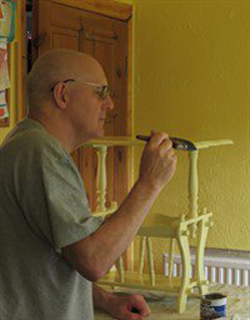
How a Belgian PhD student’s ‘Eureka’ moment could herald Parkinson’s breakthrough
- Research Sarah van Veen remembers the moment her lab experiment went blue, as if it was yesterday! It was September 2016 and she was two years into her biomedical science doctorate studying how a dysfunctional protein in brain cells contributed to the development of Parkinson’s Disease. “I wasn’t really expecting to see blue that … Continued








